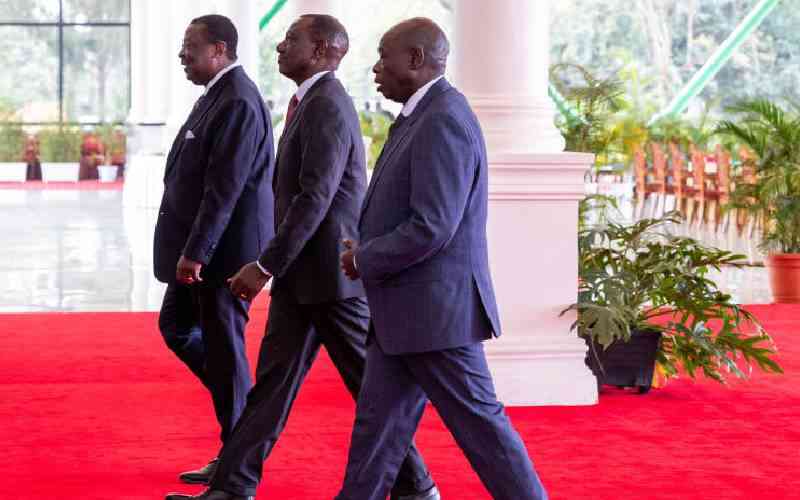×
The Standard e-Paper
Fearless, Trusted News

President William Ruto should take time to reflect on the challenge of governing the nation as he awaits Parliament to deliberate and approve his nominees to the Cabinet.
Former US President Ronald Reagan once observed: "Surround yourself with the best people you can find, delegate authority, and don't interfere as long as the policy you've decided upon is being carried out."